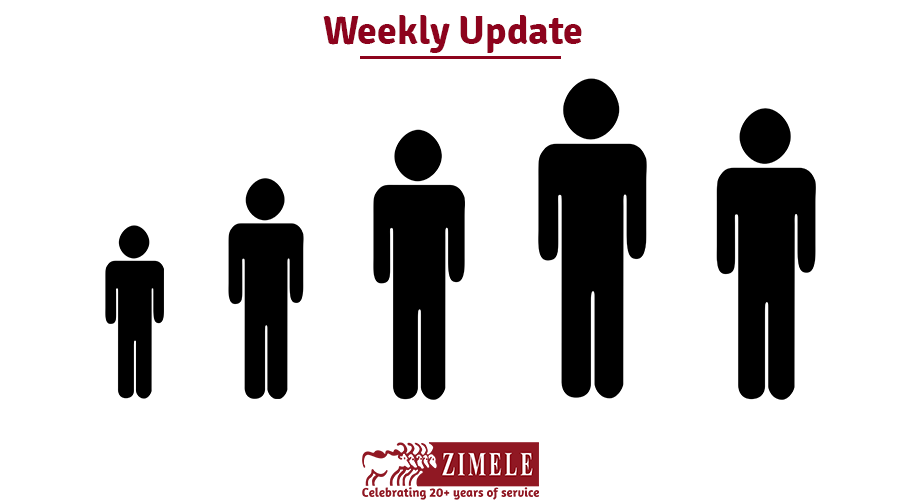“Human progress is achieved by taking exact measurements.” ~ William F. Buckley.
What we expect to happen to us at various ages may be far from reality. Someone in their 20s may already be burdened with heavy family responsibilities, a 60-year-old might be back in school for an advanced degree course, and an 80-year-old might find their son and his family living with them after falling on hard times.
While our financial needs and responsibilities are unique from person to person, our financial priorities do vary according to our stages in life.
Having a sound overall financial strategy requires a person to recognize that their finances are in a constant state of change. Financial goals are required to adjust to changes in individuals’ life cycle needs.
Ages 21-30: Laying the foundation
This is when establishing future financial and education plans should be at the forefront. While your income will most likely be low during this period, time is on your side. Setting and adhering to established financial goals will have a big impact on what you will have accumulated later in life.
Invest in yourself and start a continuous savings plan. With more time on your side to offset the volatility of returns, you should consider investing a greater portion of your investments in growth-oriented funds like equity funds, balanced funds, and personal pension plans. Work to reduce your debts and avoid living beyond your means to avoid financial strain.
Ages 31-40: Juggling Priorities
For most, these are the prime spending years when homeownership and family expenses and other things put a strain on their bank balance leaving them wondering if there will ever be enough money to go around.
The best thing to do is to review and consider your accumulated responsibilities, towards your family’s welfare and whether you have enough to fulfill your goals.
Do not stop savings and investing while you are here. Savings, especially emergency savings, will come in handy when family emergencies hit, and they always hit. Investments will always come in handy later.
Ages 41-50: Accumulating Wealth
At this stage, your focus shifts from spending to saving and investment. Expenses become fewer as children grow up. Outstanding home ownership balances become manageable. You have a few more years to be active so you can add up your retirement contributions to at least 15 percent or 20 percent or more, of your income.
Ages 51-60: Retirement is in sight
This age bracket indicates you are at the peak of your career and looking towards impending retirement. This is also the time to consider what your pension and retirement income will be against future expenses. Such a review will help you identify any shortfalls and take corrective action if possible, being prepared makes the retirement transition much easier. Reduce the overall risk of your portfolio. You may be in a transition stage as you move from employment to retirement and your investments may need to be geared more towards guaranteed returns like interest-bearing investments funds such as the Savings Plan and the Guaranteed Personal Pension Plan, and less towards growth geared funds.
Ages 60+: Retirement
Financially, the biggest headache for retirees is how to continue getting an income in retirement. It will not be a headache if you have been saving for retirement. You can put your pension fund in an Income Drawdown Plan and you will receive a fixed income every month. What’s great about this Plan is that the lump sum you deposit will still be available to you at the end of the contract.
You can also deposit proceeds from your investments in a Savings Plan account and receive the interest monthly. The Savings Plan is flexible so you can access your money whenever you need it.
With that sorted, you can focus on doing what keeps you happy and active for the rest of your days.
Conclusion
As the saying goes, “If you don’t know where you are going, you will end up somewhere else.” The order in which you do things is very important because it can make or break the process. Investing is a lifelong process and the sooner you start, the better you will be in the long run. It is best to start saving and investing as soon as you start earning money, even if it means putting aside Ksh.100 every day. The discipline and skills you learn from saving and investing will benefit you for the rest of your life. But no matter how old you are when you start thinking seriously about saving and investing, it is also never too late to start.
Ecobank towers, 7th floor, Muindi Mbingu street | info@zimele.net | 0733-111106 | @ZimeleAM

